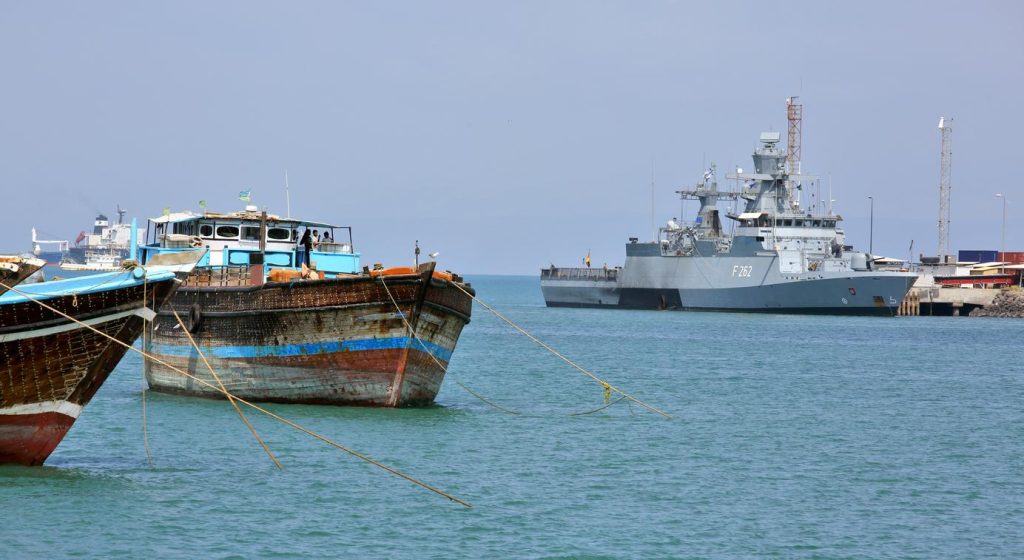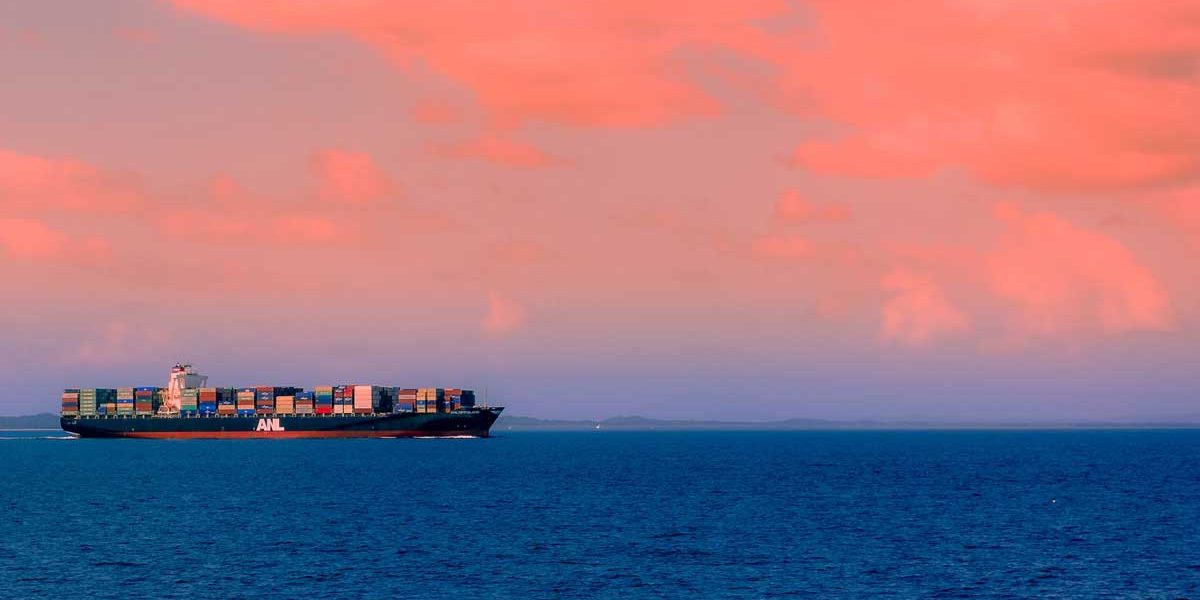Maritime security in the 21st century is a complex and multifaceted issue that demands our attention. As we navigate the turbulent waters of this new era, we are confronted with challenges ranging from piracy to pollution and the ever-shifting tides of geopolitics. This comprehensive article will delve deep into these pressing concerns, offering insights and solutions to help you navigate these treacherous waters effectively.
Understanding the Modern Maritime Landscape
The Persistent Threat of Pirates
Piracy remains a persistent menace on the high seas. Despite efforts to combat it, pirates continue to threaten maritime security significantly. These criminals exploit vulnerabilities in shipping routes, targeting vessels for hijacking, cargo theft, and even acts of violence against crew members. We must address this issue head-on.
To combat piracy effectively, a multi-pronged approach is required. This includes increased naval presence in high-risk areas, collaboration between nations, and implementing advanced technologies such as satellite surveillance and armed security personnel on board ships.
Environmental Challenges: Pollution and Conservation
The 21st century has witnessed a growing concern for environmental issues, and the maritime sector is no exception. Pollution from shipping, oil spills, and the degradation of marine ecosystems are grave concerns that require immediate attention.
Stringent international regulations such as the International Maritime Organization’s (IMO) MARPOL Convention have been implemented to mitigate pollution. These regulations aim to reduce emissions, control waste disposal, and prevent oil spills. Additionally, adopting eco-friendly technologies like scrubbers and LNG-powered vessels can significantly reduce the carbon footprint of the maritime industry.
Conservation efforts are equally vital. Protecting marine biodiversity and ecosystems is essential for the long-term sustainability of our oceans. Initiatives such as establishing marine protected areas and promoting sustainable fishing practices can go a long way in preserving our maritime environment.

Geopolitical Dynamics at Sea
Territorial Disputes and Power Struggles
The geopolitics of the 21st century have a profound impact on maritime security. For instance, territorial disputes in the South China Sea have raised concerns about potential military conflicts and disruptions to global trade routes. The Arctic, with its newly accessible resources, is another region where geopolitical tensions are on the rise.
To address these challenges, diplomatic efforts and multilateral dialogues are crucial. Finding peaceful resolutions to territorial disputes and ensuring the freedom of navigation in international waters must be a top priority for the global community.
Economic Interests and Maritime Trade
Globalization has made maritime trade a cornerstone of the world economy. Transportation by sea is not only cost-effective but also essential for the global supply chain. However, this dependence on maritime trade also makes it vulnerable to disruptions caused by geopolitical tensions.
Diversifying trade routes and investing in robust infrastructure can help mitigate the impact of these disruptions. Additionally, diplomatic negotiations and conflict prevention strategies are essential to maintaining stable trade relations between nations.
Conclusion
In conclusion, maritime security in the 21st century is a multifaceted challenge that demands a comprehensive and proactive approach. Addressing piracy, tackling environmental issues, and managing geopolitical dynamics are all essential components of ensuring the safety and sustainability of our oceans.
By implementing robust security measures, environmental regulations, and diplomatic efforts, we can successfully navigate the complexities of the modern maritime landscape. Our collective responsibility is to protect our oceans and the global interests that rely on them.
